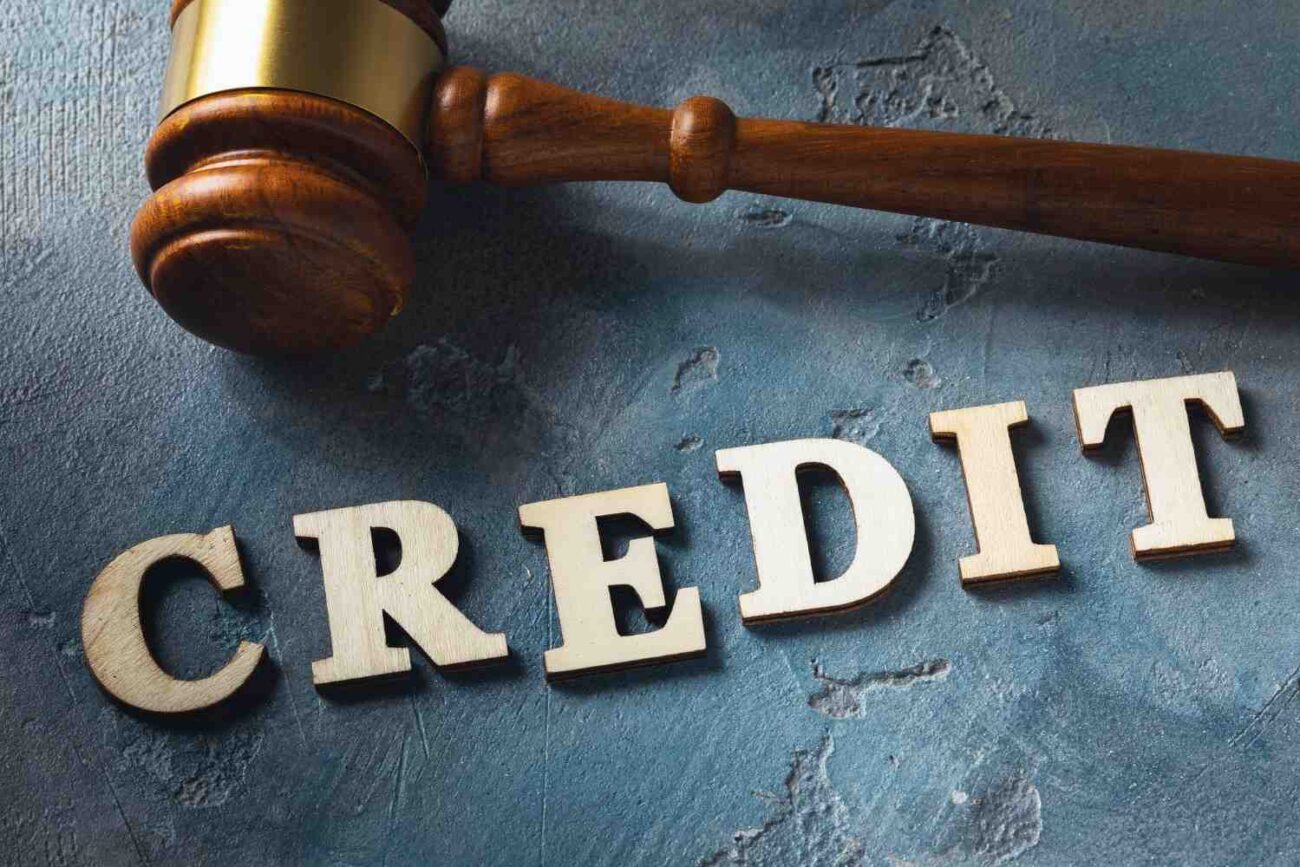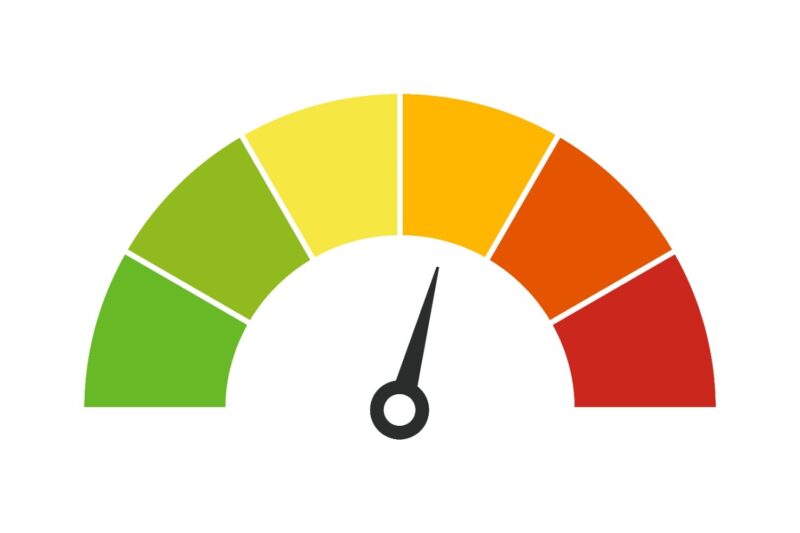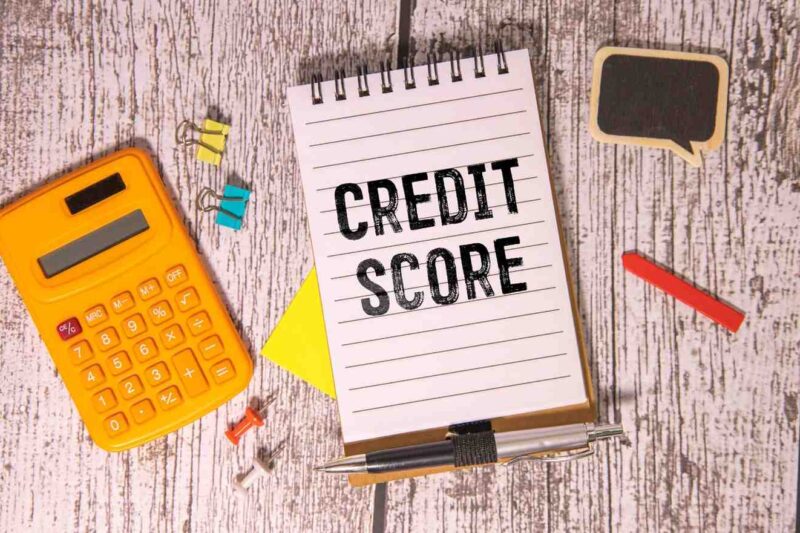When a loan is written off, it can be a big negative mark on your financial background. The moment a borrower notices this situation on their credit report, they usually get very nervous, as it has a direct impact on their CIBIL score by reducing it. The good news is that you can still repair credit after write-off with the right steps and consistent financial behaviour.
This guide will teach you a way to improve your credit score after a write-off, the things that lenders consider and the gradual process of credit strength restoration.
What Is a Written-Off Loan?
By a written-off loan, it is implied that the lender has given up the collection, and hence the consumer has not paid for a very long time, usually more than 180 days. Still, the debt exists, and the customer is responsible for that amount.
With this status, there would be a significant drop in score, and it would be harder to get loans in the future. Knowing this, one can easily follow the measures to better credit after a loan write-off.
How a Write-off Affects Your Credit Report
| Impact Area | Effect |
| Credit score | Major drop |
| Loan eligibility | Strongly reduced |
| Interest rates | Higher |
| Lender trust | Low |
| Approval time | Slower |
A written-off status makes lenders cautious, which is why you must repair credit after write-off as early as possible.
Step 1 – Clear the Outstanding Amount
First and foremost, settle the outstanding bills. You have the options to,
- Pay the amount in full
- Request a settlement
- Pay in instalments if allowed
Full repayment is always better because it helps your credit score recovery faster.
Platforms like Olyv help you to monitor your overdue debts and plan repayment schemes smartly.
Step 2 – Obtain a NOC and Revise Proof
After you have settled your debts, acquire a No Objection Certificate (NOC) or a loan closure letter from the financial institution. You require this document to revise your credit report.
This is what makes the procedure of how to fix a CIBIL score after write-off easy.
Step 3 – Raise a Dispute With CIBIL
In case the status of the write-off still appears even after you have made the payment:
- Go to the CIBIL dispute section
- Provide your NOC
- Attach loan closure documents
- Clearly state the incorrect status
This supports the process of how to fix CIBIL score after write-off smoothly.
Step 4 – Check for Report Errors
At times, incorrect entries, duplicate accounts, or incorrect overdue amounts can still affect your score negatively. Look through your report for,
- Incorrect EMI status
- Closed loan being indicated as active
- Wrong outstanding amount
- Duplicate entries
Correcting these errors helps you repair credit after write-off more effectively.
Step 5 – Enhance Your Existing Repayment Behaviour
Banks and other financial institutions take into consideration your current credit management practices. If you want to demonstrate that you are a responsible borrower,
- Pay all EMIs on time
- Avoid new overdue amounts
- Keep track of due dates
- Set reminders for every bill
All these good practices will not only help you rebuild your score. But it will also increase your chances for future approvals.
Step 6 – Reduce Your Credit Utilisation
Using too much of your credit card limit affects your score negatively. Try to keep it under 30 per cent. Real-time credit utilisation tracking with Olyv helps you to monitor your credit consumption.
Thus, it can be said that this is part of the overall process of steps to improve credit after a loan write-off.
Step 7 – Generate New Positive Credit
The moment your problems from the past are gone, make your presence felt with fresh positive actions,
- Acquire a secured credit card
- Pay the full amount of the credit card bills
- Get tiny loans and pay them back before the due date
- Never miss the EMI dates, and be very careful with them
The new repayment trend will allow you to press the credit repair button after a write-off for the next few months.
How Long Will It Take to Rebuild Your Score?
Slow and steady wins the race is the motto of credit rebuilding. Often, your score starts to get better after,
- 30–45 days, your report has been updated
- 3–6 months, which consists of a record with no payments missed
- 6–12 months during which will take you to the area of significant changes
It is mainly the combination of patience and consistency that matters the most.
Conclusion
You can repair credit after write-off by taking small, steady steps. Clear your dues, use simple credit tools, and make timely payments. Over time, your score will rise again. With patience and good habits, you can rebuild trust and enjoy a stronger financial future.




